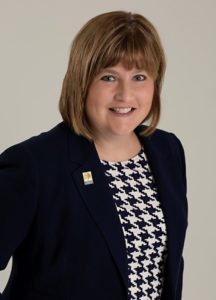Public Policy: Government Policies that Affect the Whole Population
Posted by Lake Superior Community Partnership on November 5, 2019

public policy
(noun):
government policies that affect the whole population
Public policy is not something everyone thinks about but is very important in how our society is managed. The Center for Civic Education defines specific attributes of public policy that help to expand on the above basic definition:
- Policy is made in response to some sort of issue or problem that requires attention. Policy is what the government chooses to do (actual) or not do (implied) about a particular issue or problem.
- Policy might take the form of law, regulation, or the set of all the laws and regulations that govern a particular issue or problem.
- Policy is made on behalf of the “public”
- Policy is oriented toward a goal or desired state, such as the solution of a problem.
- Policy is ultimately made by governments, even if the ideas come from outside government or through the interaction of government and the public.
- Policymaking is part of an ongoing process that does not always have a clear beginning or end, since decisions about who will benefit from policies and who will bear any burden resulting from the policy are continually reassessed, revisited and revised.
You can clearly see that a key ingredient for good public policy is the “public” part. That is you and me. When we vote, we are making a choice of the individuals we trust to work through the policy process, often referred to as sausage making, with our best interests in mind.
There are additional ways we can participate. When there is a problem or issue that needs to be addressed, do you reach out to policy makers and let them know how you feel? Do you communicate to them what you believe to be the right thing to do? Do you send a letter/note, make a call or attend a town hall meeting to share your support or opposition?
These are a variety of ways that you can communicate effectively with those in positions to shape public policy, and they want to hear from you. This is why the Marquette County Ambassadors have focused, for decades, on building strong relationships with our elected officials and engaging in policy creation and debate of issues affecting our community.
The Marquette County Ambassadors are a privately funded group of business, education, community and government leaders from across Marquette County whose mission it is to “promote and foster economic vitality throughout Marquette County and the Upper Peninsula, to carry the story of the Marquette County area to others, and salute those who deserve recognition.”
For decades the Marquette County Ambassadors have made trips to Lansing to meet with legislators and state department personnel. The purpose of the trip is three fold: to inform our legislators of relevant issues affecting Marquette County and the Upper Peninsula, to hear their perspectives on activities related to state government, and to share with them our position on critical issues related to the Upper Peninsula. We recently completed our fall trip to Lansing and met with elected officials, department staff and the Governor’s staff. Sixteen of us, two days, 18 meetings and the hosting of a reception! We did it all.
The main topic? The budget and recent line item vetoes. Our approach is simple; let all sides know how the current budget situation negatively impacts the Upper Peninsula and communicate that there is a sense of urgency to find a solution. No finger pointing. No ranting. We are sincere in our message that we want to be part of engineering the solution.
If you aren’t familiar, the current funding cuts will have a devastating impact on rural hospitals, isolated school districts, tourism, healthcare, economic development, law enforcement and our local municipalities. (I imagine you and your family are touched by any or all of these sectors.) Marquette County alone has estimated that they would need to address a shortfall of over $800,000! If not restored, all these sectors will need to make extremely difficult decisions that may include layoffs, discontinuation of programs and services or closing their doors.
A consistent message we received back during our visits, was “to be vocal”. Let your elected officials, from all sides, know what is important to you and your community. Encourage everyone to work together to find a solution that is both timely and addresses our priorities.
At the end of the day, if we want public policy to truly address the needs and concerns of the public, then we “the public” need to engage. For issues and legislation we are watching, visit our website at marquette.org, then reach out and let our state leadership know what is important to you.
Amy Clickner, CEO, writes a bi-weekly column for the Mining Journal.

